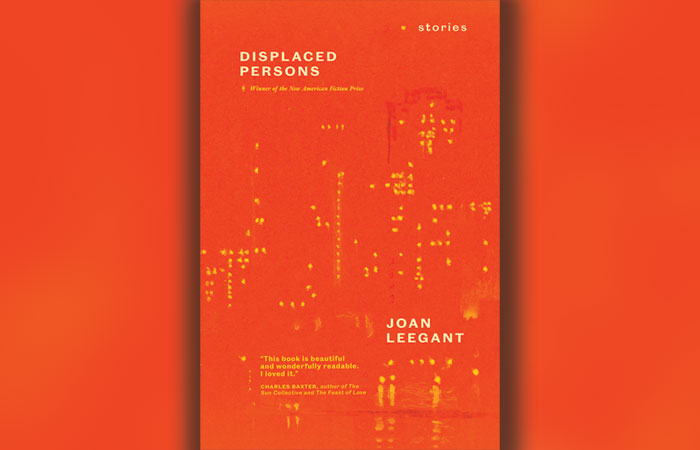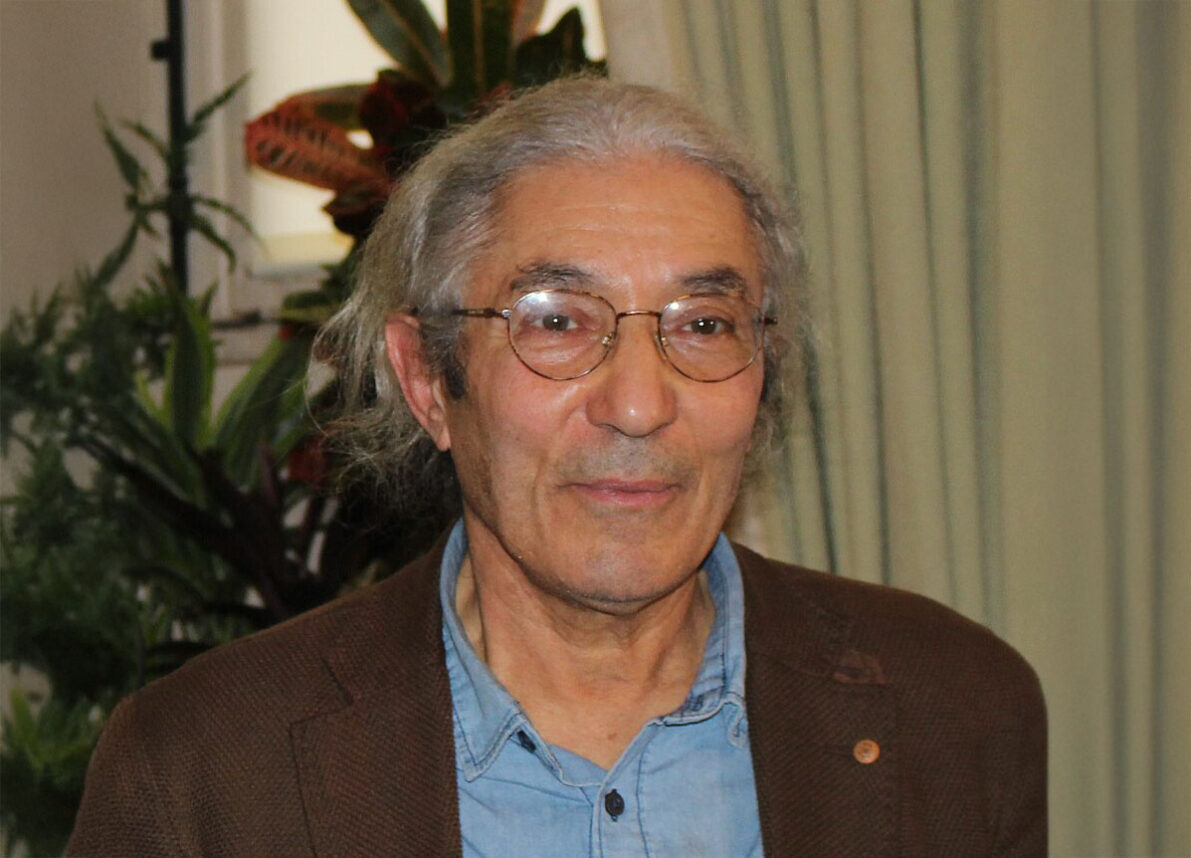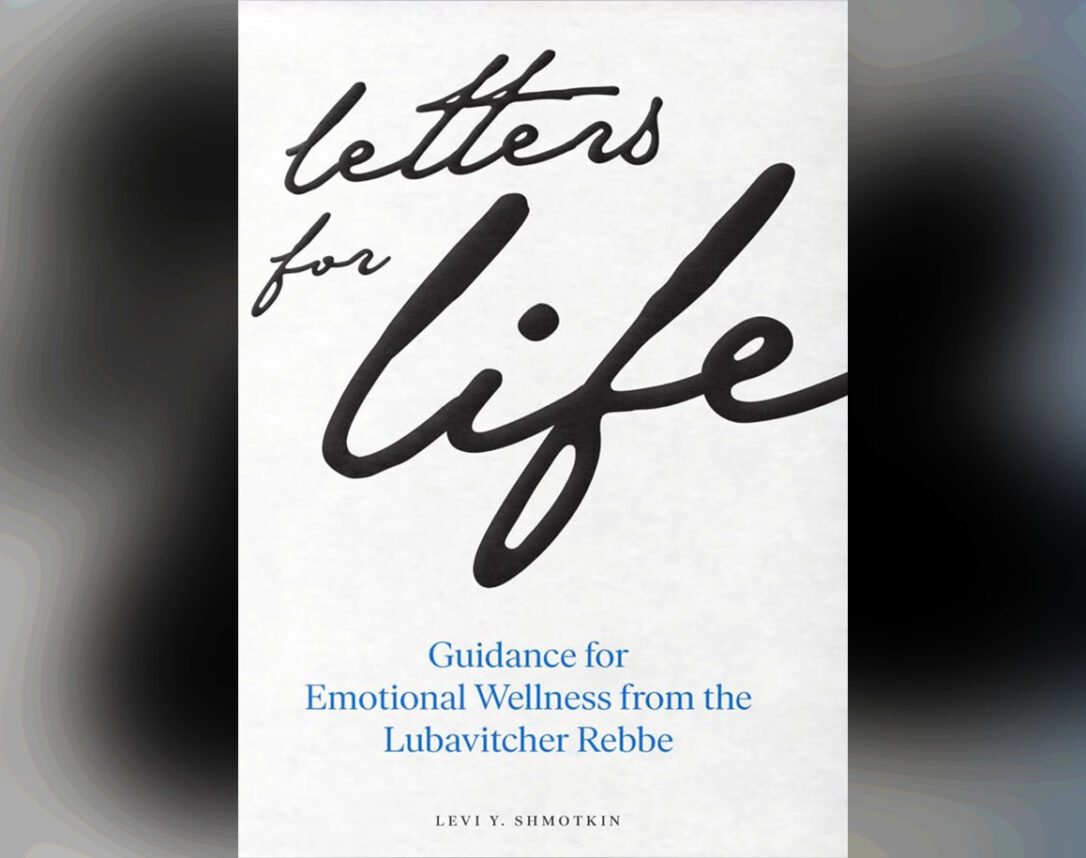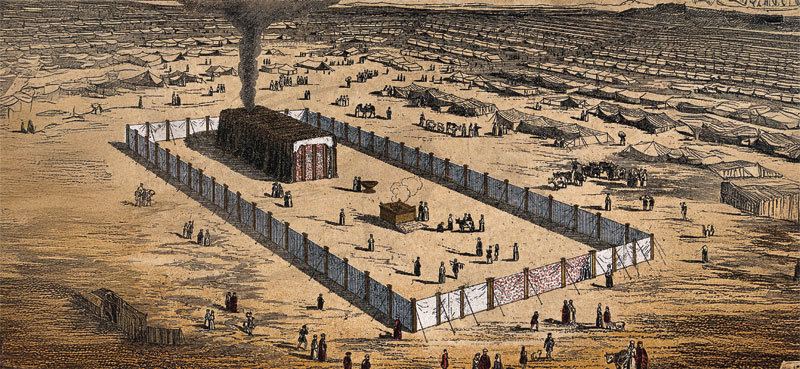
When Joan Leegant begins writing a short story, she doesn’t have a theme, character, or even intention in mind. Instead, she begins with one sentence and sees where it takes her. Fans of the short story will discover that the first sentences in Leegant’s new story collection, “Displaced Persons,” lead to a treasure of expertly crafted dramas that probe the eternal themes of belonging, estrangement, love and responsibility, and the quest for meaningful relationships.
The 14 stories in the collection are divided equally between those set in Israel and set in the U.S. The author, a former attorney, spent five years as a visiting writer at Bar Ilan University in Tel Aviv, lecturing on American literature and culture. She also taught English to African refugees and asylum seekers from Sudan, Ivory Coast and Eritrea.
The idea of displacement as a theme of the stories is both geographical and psychological. “The experiences of exile and belonging can be both outward and inward,” Leegant said. “Sometimes, you can be displaced within your own home.”
The idea of displacement as a theme of the stories is both geographical and psychological. “The experiences of exile and belonging can be both outward and inward,” Leegant said. “Sometimes, you can be displaced within your own home.”
The title story of the collection was one of my favorites. In “Displaced Persons,” the protagonist is a graduate student (whose name we don’t know) who has come to Israel to study and teach, leaving behind the emotional upheavals stemming from her parents’ divorce in the U.S. Like the author, the protagonist teaches African refugees, many of whom have walked all the way across Egypt to live and work menial jobs in Israel — opportunities for which they are enormously grateful. In a subplot, the protagonist has also been asked by her Israeli neighbor, Sigalit, to break some difficult news to her elderly, Holocaust survivor mother: that Sigalit’s 21-year-old son is moving to Berlin, where college is free and the jazz is great. Sigalit fears the news will kill her mother, who even refused “the German money” as reparations.
Layered into these subplots are the grad student-teacher’s memories of having met the first Holocaust survivor she had ever known, the unfriendly grandmother of a teenaged girlfriend. All three strands of the story skillfully weave together themes of displacement, acceptance, and new beginnings.
Leegant writes with ironic humor and a knowing, sophisticated eye on human nature, the complexities of family relationships, the craving for connection, and the nearly unbreakable bonds among family members, even those estranged from one another. Fragile sons appear in several stories. Two of those focus on the mothers who struggle relentlessly to save their young sons from a downward spiral into mental illness.
The shortest story in the collection — and one of the most powerful — is “The Bus,” which is autobiographical and closest to the author’s heart. It focuses on another fragile son, a 23-year-old in treatment for cancer. During one chemo treatment at the hospital, the son gives his mother permission to stop pretending to read the same waiting room magazine she pretends to read during each appointment.
“He took my hand in his, the skin of his wrist nearly transparent now, and said, The magazine. You don’t have to do that for my sake. . . . You can close the magazine now, Mom. It’s okay. You don’t have to pretend anymore, for me.”
The stories that comprise “Displaced Persons” were written over more than a decade. Several won individual prizes, and as a collection it captured the 2022 New American Fiction Prize, leading to a paperback edition published by New American Press on June 1.
Since October Oct. 7, the literary and publishing industry has become a hotbed of rabid antisemitism, with calls to cancel or refuse to publish books and stories by Jewish authors. Leegant has not even tried to book herself at literary festivals she has deemed unfriendly and decries as “cowardly and shameful” instances of antisemitism in a literary world that usually champions literary fiction. Fortunately, her book is earning enthusiastic reviews, and she had found many literary journals that still care only about good writing and avoid ugly anti-Israel rhetoric. “This has helped me to sustain my faith in the publishing process right now,” she added.
Readers unfamiliar with Israel’s truly cosmopolitan and multifaceted society may be surprised to read stories here involving the Jews of Baghdad, Israel’s acceptance of African refugees, and friendship between two army pals — one secular and one religious — who had both survived sniper fire. However, the more personal stories set in America touch the deepest chords: The stories about adult daughters with aging fathers; fragile sons and their mothers; the heartbreaking attempt to repair a badly damaged relationship between an adult sister and brother in the final story, “After.”
Leegant’s previous books include the award-winning “An Hour in Paradise: Stories,” and the novel “Wherever You Go.” She is working on two other novels now, but she has a particular love for the short story form, “the discovery and surprise and the freedom to write about anything I want. I don’t have to be married to it for years or produce 300 or 400 pages. With short stories I often experience joy and exhilaration during the writing, even if the material is dark.”
While some of the themes in this collection are heavy, the writing never is. In “Hunters and Gatherers,” a mother named Gina struggles to save her son, Greg, from mental illness. The story begins, “Greg is on a diet where he eats only what people ate ten thousand years ago, and Gina is down with that. Anything that gets her 26-year-old son out of the basement and eating at all is fine with her.”
There is a determination and a resilience among the characters (a quintessentially Jewish trait) that are consistently uplifting. Characters may struggle in their relationships, but continue to seek and often achieve bonding that is life-affirming. As Leegant says, “We all have to struggle and we all have to rejoice.” For any fan of literary fiction, the publication of “Displaced Persons” is a reason to rejoice.
Judy Gruen is the author of “Bylines and Blessings,” “The Skeptic and the Rabbi,” and several other books. She is also a book editor and writing coach.
























 More news and opinions than at a Shabbat dinner, right in your inbox.
More news and opinions than at a Shabbat dinner, right in your inbox.